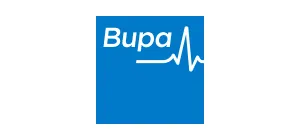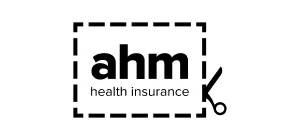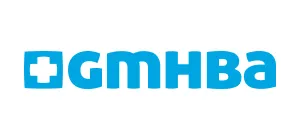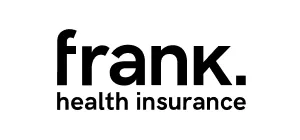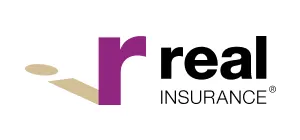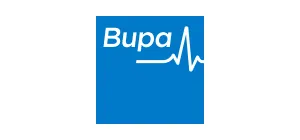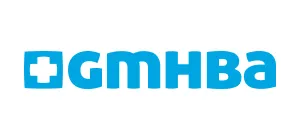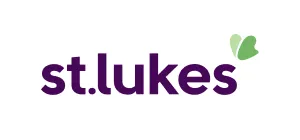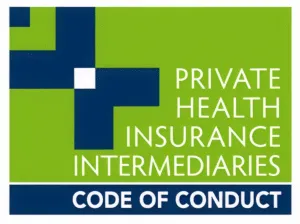Do I need health insurance for pregnancy?
You don’t strictly need private health insurance for pregnancy in Australia, thanks to the nation’s robust public health system. Medicare provides pregnancy and birth related services to every eligible Australian, and you can give birth in the public hospital system, at a birth centre, or even at home, at little to no cost. Prenatal care, which can include visits to your doctor or midwife, various pathology tests and diagnostic imaging may also be funded, or partly funded, by Medicare.
However, some Australians choose to take out private health insurance that covers pregnancy and childbirth because of the choice and freedom it can offer. For example, giving birth as a private patient can mean having your own private room in hospital (where available), as well as your choice of obstetrician to help you along the way.
Public vs private pregnancy journey: what’s the difference?
Public patient
When giving birth as a public patient under Medicare, you’ll have very few hospital-related expenses, if any.
However, you generally won’t be able to choose your obstetrician or receive care from the same medical professional throughout your pregnancy journey as a public patient. It's worth keeping in mind you most likely won't have access to a private room for the birth.
Private patient
As a private patient in a private or public hospital, you’re usually able to choose your own obstetrician and certain other medical professionals, as well as the hospital you want to give birth. You may also get your own private room, depending on availability.
A Gold or Silver Plus tier hospital insurance policy with pregnancy and birth cover included is required to claim any benefits for in-hospital pregnancy and birth-related services. A 12-month waiting period generally applies to these kinds of policies.
What will my out-of-pocket expenses be when I have a baby?
Private hospital cover typically won’t cover all the costs associated with your pregnancy. For example, out-of-hospital medical expenses such as GP services, obstetrician visits (and management fees), scans and blood tests are unlikely to be covered by private health insurance, though these costs might be partially covered by Medicare.
Extras cover may let you claim for some pregnancy-related costs, such as remedial and pregnancy massages, antenatal classes, lactation consultant fees, and physiotherapy and chiropractic care during your pregnancy and recovery period. Check any claim limits that apply to these services (such as a capped dollar amount per year).
Out-of-pocket expenses in hospital
It’s worth contacting the hospital, your obstetrician and/or other healthcare providers to find out if they charge above the Medicare Benefit Schedule (MBS) listed fee before you give birth. Your costs should be outlined in a document referred to as Informed Financial Consent (IFC). You may face greater out-of-pocket expenses if your obstetrician charges above the MBS fee and doesn’t have a ‘no gap’ agreement with your health insurance provider.
It’s important to speak with the hospital and your health insurance provider to understand exactly what you can claim, and what you may end up billed for. Some expenses may not be covered, such as certain tests or medication that may be required when you check out of the hospital.
It’s wise to check how much excess you may have to pay, including if it just applies to your hospital stay, or if you also need to pay it for your newborn if they require their own formal hospital admission (e.g. to the Special Care Nursery or Neonatal Intensive Care Unit).
The best time to take out health insurance for pregnancy
The Commonwealth Ombudsman says all health funds apply a 12-month waiting period for pregnancy services, and that in most cases this rule is strictly applied. As it will be too late to take out cover by the time you’re pregnant, you should consider insurance well in advance.
You may need to check with your insurance provider whether your policy will also cover your newborn baby, and if necessary, upgrade to a ‘family’ policy to ensure that your new baby is covered if it requires any treatment, such as needing specialist health care while in hospital. There could also be waiting periods (usually two to three months) that apply when taking out this type of cover.
Am I covered for pregnancy and birth?
It’s important to check that your policy covers everything you need. If in doubt, read the policy documents that came with your health insurance, such as the Private Health Information Statement (PHIS), or contact your provider directly to make sure you’re on a suitable level of cover for pregnancy and birth-related services.
Which are the best policies offering pregnancy cover?
The right health insurance policy for you that offers pregnancy cover will ultimately depend on your needs and financial situation.
According to privatehealth.gov.au, a Gold tier hospital policy is the only tier that provides cover for pregnancy and birth as a minimum requirement. However, some health insurers offer cover for pregnancy and birth-related services on other hospital tiers, such as Silver Plus.
It’s also important to consider what kind of excess you can afford to pay. For instance, choosing a higher excess (i.e. $1,500 for a family/couples policy) will typically give you a cheaper premium, but it will mean you have to pay more when claiming on your policy.
Canstar’s Health Insurance Awards recognise the providers that offer outstanding value to Australian consumers based on both price and features. There is also a dedicated Most Satisfied Customers award for the health insurer with the highest level of customer satisfaction as assessed and calculated by our expert researchers.



